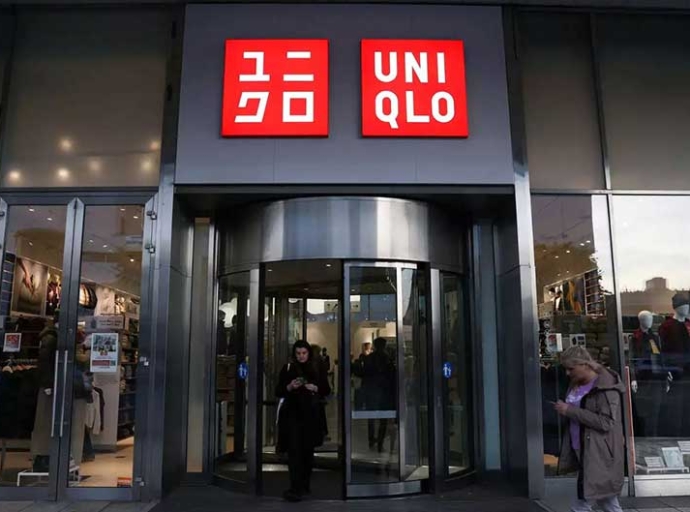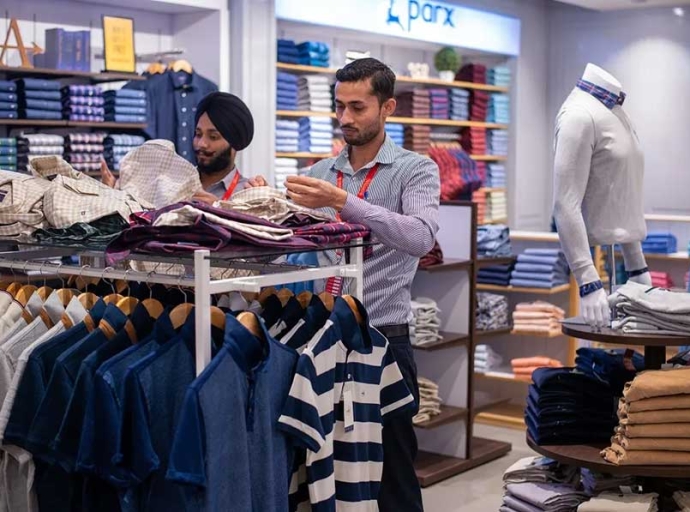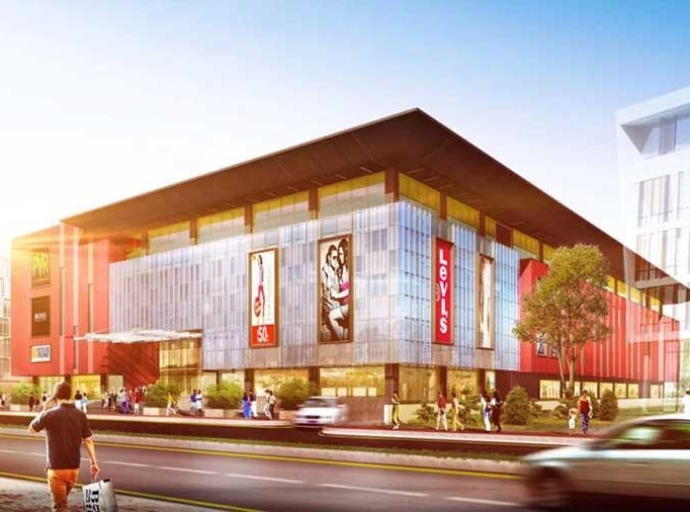Fashion market in India to grow at 9.02% CAGR from 2025-29: Statista

21 January 2025, Mumbai
India is emerging as a key market for fashion brands like Decathlon, Guess Jeans, and Sandro, driven by strong growth opportunities.
According to Statista, India’s fashion market is projected to grow at an annual rate of 9.02 per cent from 2025 to 2029, offering significant financial and strategic advantages for fashion companies, including cost efficiencies and the chance to promote socially responsible practices.
India’s youthful demographics play a critical role, with Gen Alpha (born 2010–2024) and their parents forming a powerful consumer group. As digital natives, Gen Alphas influence family purchasing decisions and favor personalized, immersive, and interactive experiences, compelling fashion brands to adopt innovative digital strategies tailored to their preferences.
Manufacturing in India offers companies the dual advantage of lower costs and reduced environmental impact, while allowing for faster responses to local demand.
French sportswear giant Decathlon recently committed €100 million to its Indian growth plans over the next five years, with a goal of manufacturing 85 percent of its products locally by 2026.
Similarly, American brand Guess Jeans announced its entry into India, leveraging Tata CLiQ’s infrastructure and market expertise.
Improvements in India’s infrastructure, including ports, roads, and logistics, further enhance its attractiveness as a manufacturing and retail hub.
Parisian fashion house Sandro recently opened its first Indian boutique in Mumbai in partnership with Reliance Brands. The store offers exclusive men’s and women’s collections, marking a broader strategy to grow in South Asia.
Reliance Brands, known for its partnerships with Burberry, Coach, and Tiffany & Co., is strengthening the presence of premium and luxury fashion in India through retail and e-commerce channels.
While India presents vast opportunities, challenges like poor working conditions and social inequality persist. However, these issues also offer a chance for companies to demonstrate Corporate Social Responsibility (CSR).
For instance, sustainable handbag brand O My Bag has been paying a ‘Living Wage Premium’ to its Indian producers since 2020, ensuring wages that genuinely support families.
Partnering with local NGOs, the company provides training on financial literacy and fair wage practices, aiming to drive meaningful social and economic change.
Latest Publications

































